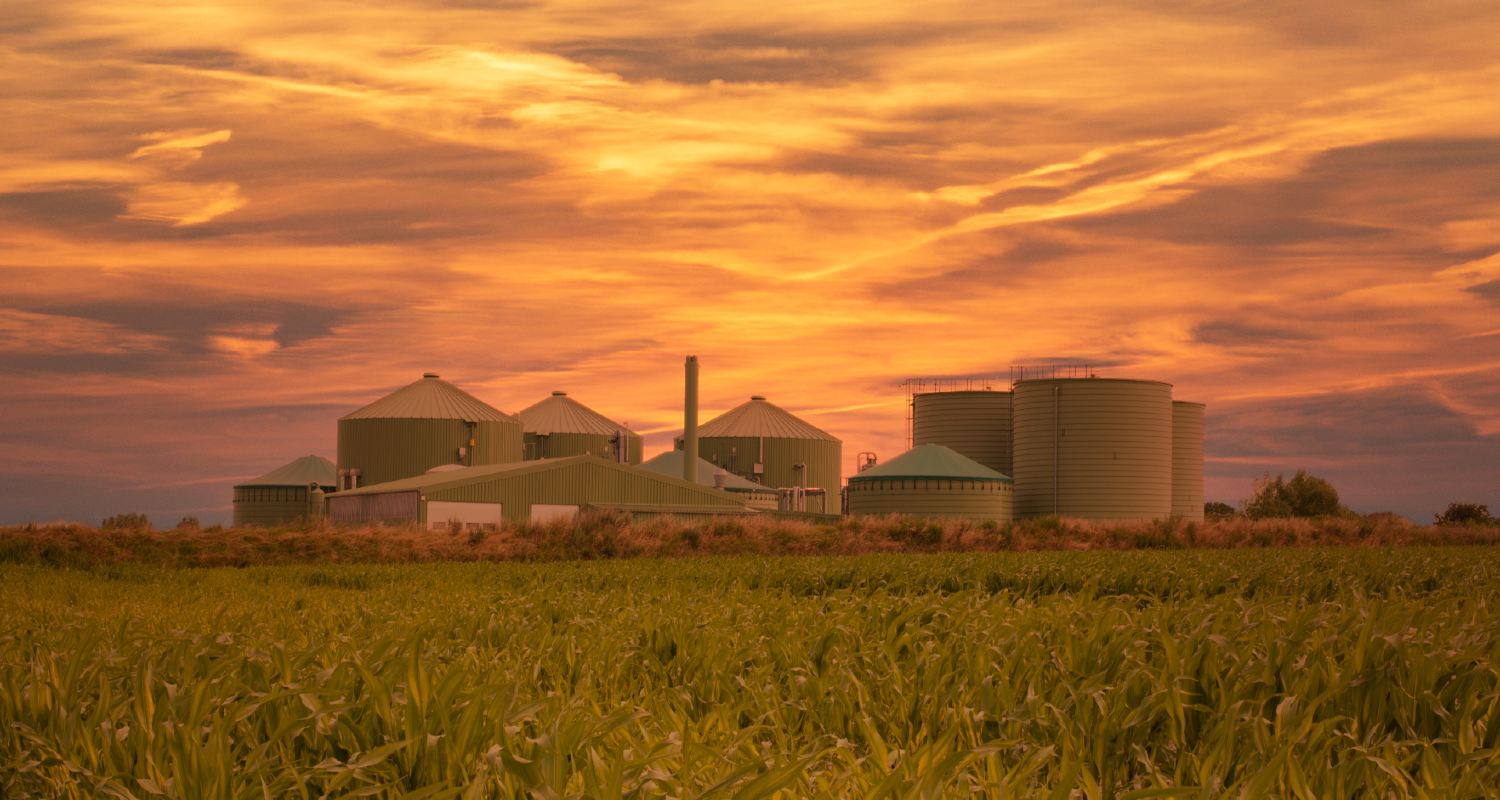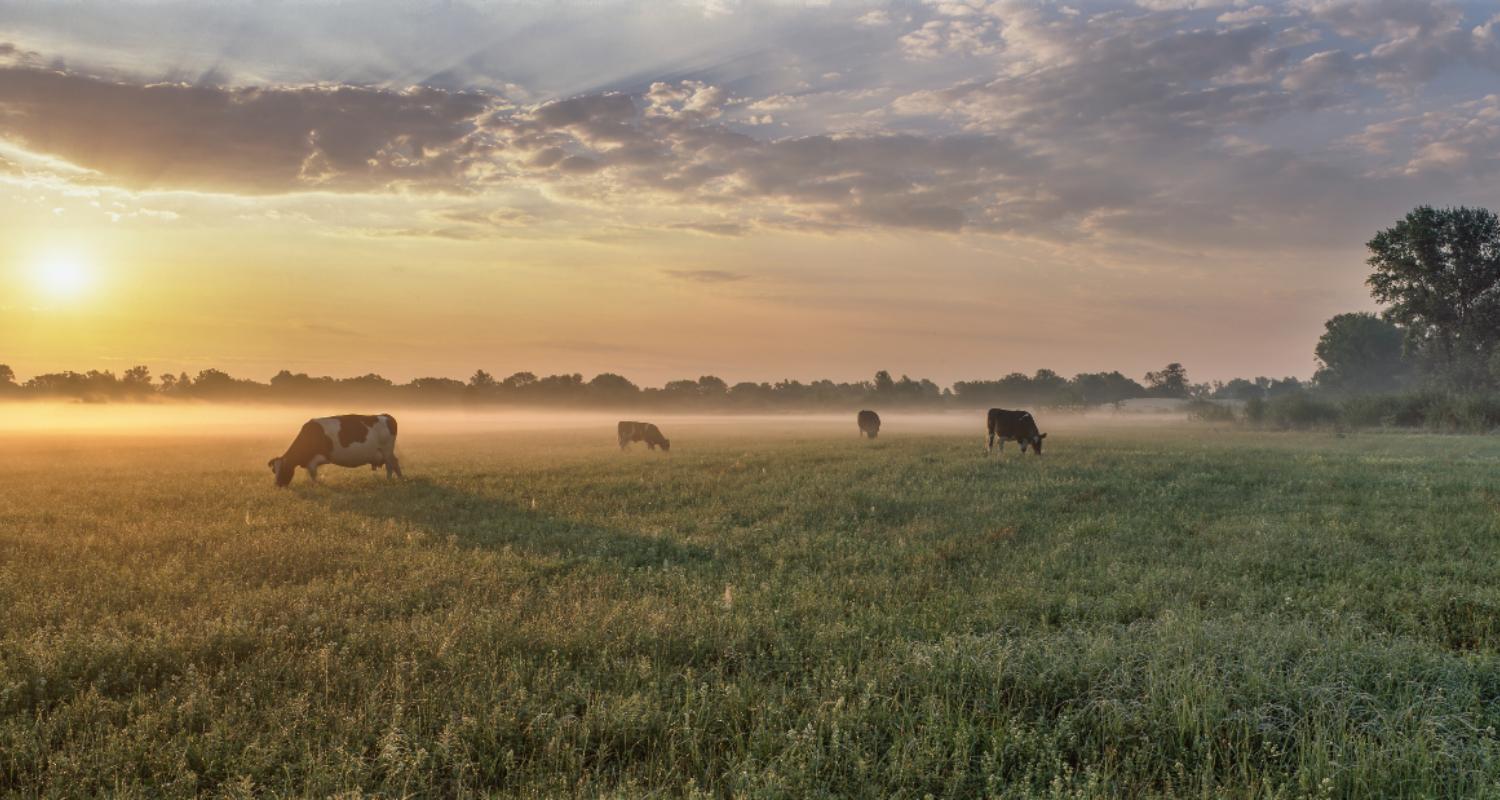Advantages of biogas as a fuel
Advantages of biogas as a fuel
In addition to allowing us to use a source of energy, using this biofuel has a number of benefits. Some directly affect our everyday lives, while others have a more overall impact and protect the environment in the long term:
Prevents waste from building up in landfills
Prevents waste from building up in landfills
Limits the extraction of new resources
Limits the extraction of new resources
Raises awareness about the environmental challenge
Raises awareness about the environmental challenge

